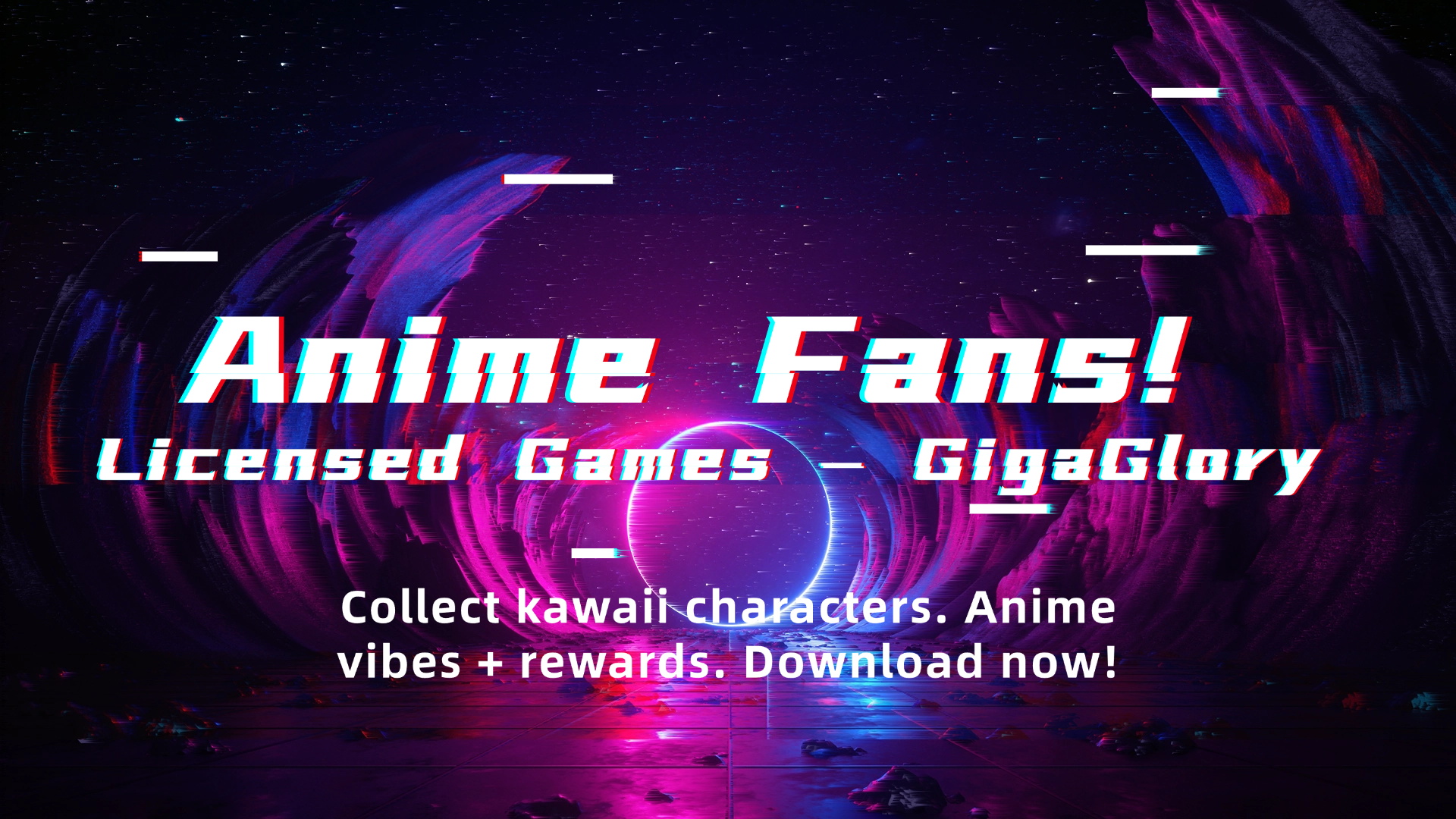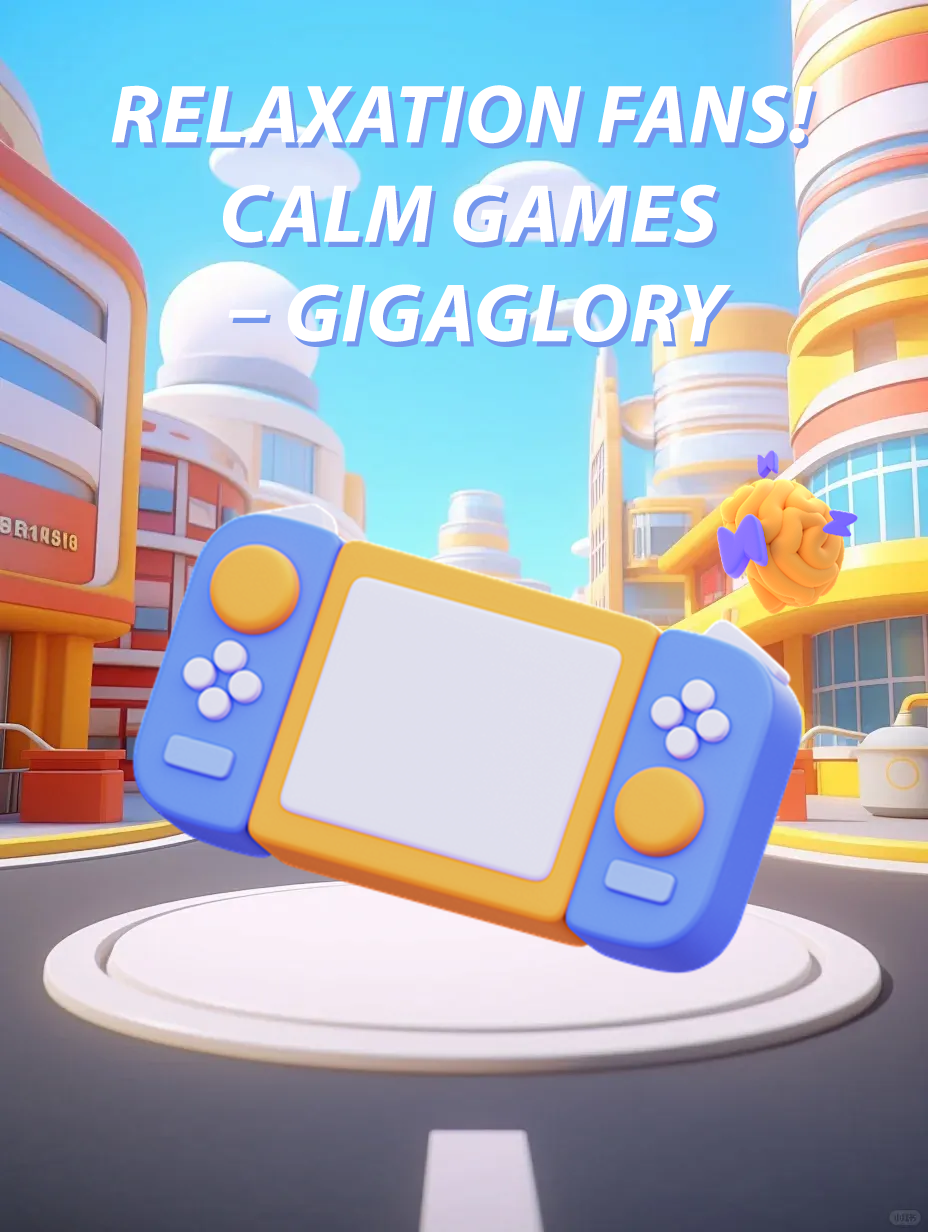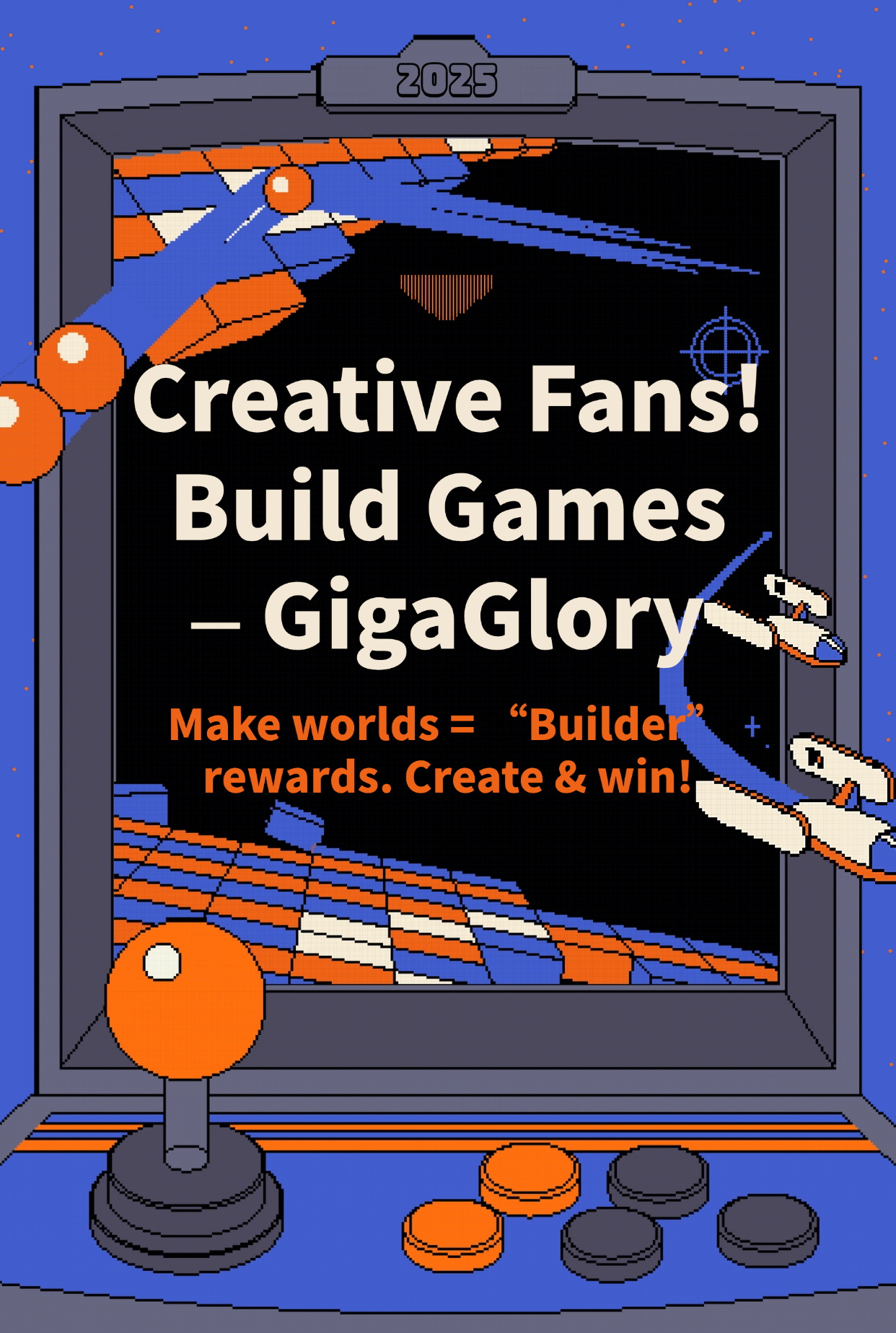Unlocking Knowledge: How Educational Multiplayer Games Enhance Learning Experiences
In an era where education is being revolutionized by technology, the intersection of gaming and learning presents exciting opportunities. Educational multiplayer games, as a concept, have gained traction in classrooms, online platforms, and even at home. They not only engage but also enrich the learning experience of students. Here, we delve into the remarkable ways educational multiplayer games unlock knowledge and provide a dynamic learning experience.
What Are Educational Multiplayer Games?
Educational multiplayer games blend learning objectives with game mechanics, encouraging collaboration and competition among players. These games are crafted to educate while ensuring fun, making learning less of a chore and more of an adventure. For instance, games that teach math concepts through multiplayer puzzles, or history through role-playing scenarios, exemplify this genre.
The Power of Collaboration in Learning
One of the standout features of multiplayer games is their ability to foster collaboration among players. In educational settings, collaboration enhances learning outcomes significantly. Working together allows students to tackle complex problems, share knowledge and develop essential social skills.
Boosting Engagement Through Gamification
Gamification utilizes game-design elements in non-game contexts, and it works wonders in education. By incorporating points, leaderboards, and achievements into learning, students are more motivated to participate. Multiplayer educational games offer these rewards, driving engagement to unprecedented levels.
Case Study: WWE 2K20 in Educational Settings
You might be wondering how a platform like WWE 2K20 fits in. While primarily an entertainment game, its mechanics can draw parallels to teamwork and strategy often discussed in classroom settings. Educators have found ways to use its framework to inspire collaborative lessons in physical education and strategy development.
Learning from Failure: A Safe Space to Explore
Multiplayer educational games create a risk-free environment where failure is merely a step toward success. Players can experiment, fail, and learn from their mistakes without the fear of real-world consequences, which is crucial for cognitive development.
Building Critical Thinking Skills
Games that require players to solve puzzles or strategize their moves cultivate critical thinking skills. Elementary concepts of cause and effect, as well as decision making, are often embedded within these challenging scenarios. Educators can utilize these features to create a foundational learning experience.
Comparison: Traditional Learning vs. Educational Multiplayer Games
| Aspect | Traditional Learning | Educational Multiplayer Games |
|---|---|---|
| Engagement Level | Often low; passive learning | High; interactive and immersive |
| Collaboration | Minimal | High; teamwork is encouraged |
| Feedback Mechanism | Delayed | Immediate |
| Learning Pace | Fixed | Variable; self-paced |
Engagement Strategies in Educational Multiplayer Games
- Incorporating rewards to motivate students
- Facilitating group discussions post-gameplay to reflect on learning
- Setting up tournaments to ignite healthy competition
- Utilizing game analytics to track and improve performance
Benefits of Multiplayer Over Single-Player Learning
While single-player games might offer some educational advantages, the cooperative element found in multiplayer settings is unparalleled. Key benefits include:
- Peer Learning: Students learn by teaching others or receiving help.
- Diverse Perspectives: Exposure to varying strategies enhances problem-solving.
- Motivation: The social aspect increases motivation to succeed.
Importance of Game Design in Educational Games
The design of educational multiplayer games plays a vital role in their effectiveness. A well-thought-out design bridges the gap between fun and learning, ensuring engagement. It's essential for developers to incorporate educational theories into gameplay mechanics.
Integration of Popular Cultures: Exploring Star Wars RPG
Bringing popular culture into educational contexts engages students deeply. For instance, the Star Wars RPG by West End Games integrates storytelling and role-playing elements to explore themes like morality, history, and physics, thus enhancing the learning experience in a memorable way.
Challenges in Implementing Educational Multiplayer Games
While the benefits are significant, implementing educational multiplayer games poses challenges, including:
- Resistance from traditional educational structures
- Access to technology among students
- Ensuring content is age-appropriate and relevant
Conclusion: Embracing the Future of Learning
Educational multiplayer games are unlocking new pathways to knowledge, making learning engaging and collaborative. By blending educational objectives with the intrinsic motivations seen in gaming, these platforms are transforming traditional educational methodologies. As society continues to evolve technologically, embracing these tools can ensure our educators and learners are prepared for the challenges of the future.



